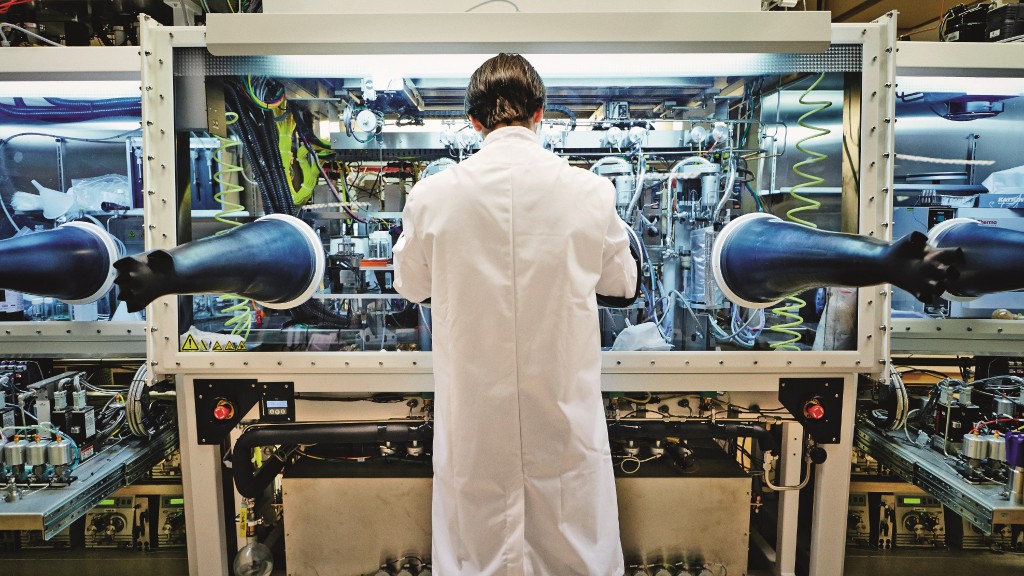
SABIC has launched a new portfolio of bio-based ULTEM resins that offer sustainability benefits while delivering the same high performance and processability as incumbent ULTEM materials.
These breakthrough polyetherimide (PEI) materials are the first certified renewable high-performance, amorphous polymers available in the industry, according to the company. Using a mass balance approach, for every 100 kg of ULTEM resin produced, SABIC replaces 25.5 kg of fossil-based feedstocks with bio-based materials derived from waste or residue, such as crude tall oil from the wood industry. This offering is a drop-in material option for current ULTEM materials and can support customers' sustainability goals for challenging applications in consumer electronics, aerospace, automotive, and other industries where high temperature, dimensional stability or demanding mechanical performance is required.
"Our new bio-based ULTEM resin platform offers customers a seamless way to integrate sustainability into their highly demanding applications," said Scott Fisher, director, Business Management, ULTEM Resins and Additives, SABIC. "Because these products perform in the same way and maintain the same regulatory listings - such as UL94 and FDA food contact - as traditional ULTEM resins, adjustments to product designs and manufacturing processes are not required. Also, customers can be confident about the environmental benefits of these materials, which have earned the ISCC+ designation. This portfolio is another innovative milestone in SABIC's strategy of circularity for our material solutions."
SABIC's bio-based ULTEM resins can potentially reduce carbon footprint by up to 10 percent compared to fossil-based incumbent grades, giving the material the International Sustainability and Carbon Certification Plus (ISCC+) designation.
"The bio-based feedstocks used in the new ULTEM materials do not alter performance properties, which include long-term high-temperature performance, chemical resistance, excellent mechanical and structural properties, dimensional and hydrolytic stability, excellent processability and inherent flame retardance," said Greg Stoddard, director of technology and innovation at SABIC. "With the same reliable mechanical properties as their fossil-based counterparts, bio-based ULTEM grades can be considered as an alternative material to traditional ULTEM resins or sulfone polymers such as PSU, PESU and PPSU."
Potential markets and example applications for these resins may include consumer electronics (wearables and mobile devices), automotive (under the hood (UTH) applications such as connectors, sensors and valves), aerospace (interiors including panels and trim), healthcare (surgical devices and sterilization trays), and electrical/electronics (5G networking infrastructure).
To help fulfill the regulatory requirements of these industries, the new ULTEM materials offer compliance with global drinking water standards, Federal Aviation Regulations (FAR 25.853) and food contact according to the U.S. Food and Drug Administration (FDA).
Bio-based ULTEM resins are available globally, with regional supply from Europe, Asia-Pacific and North America.



